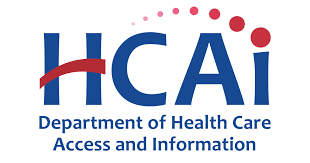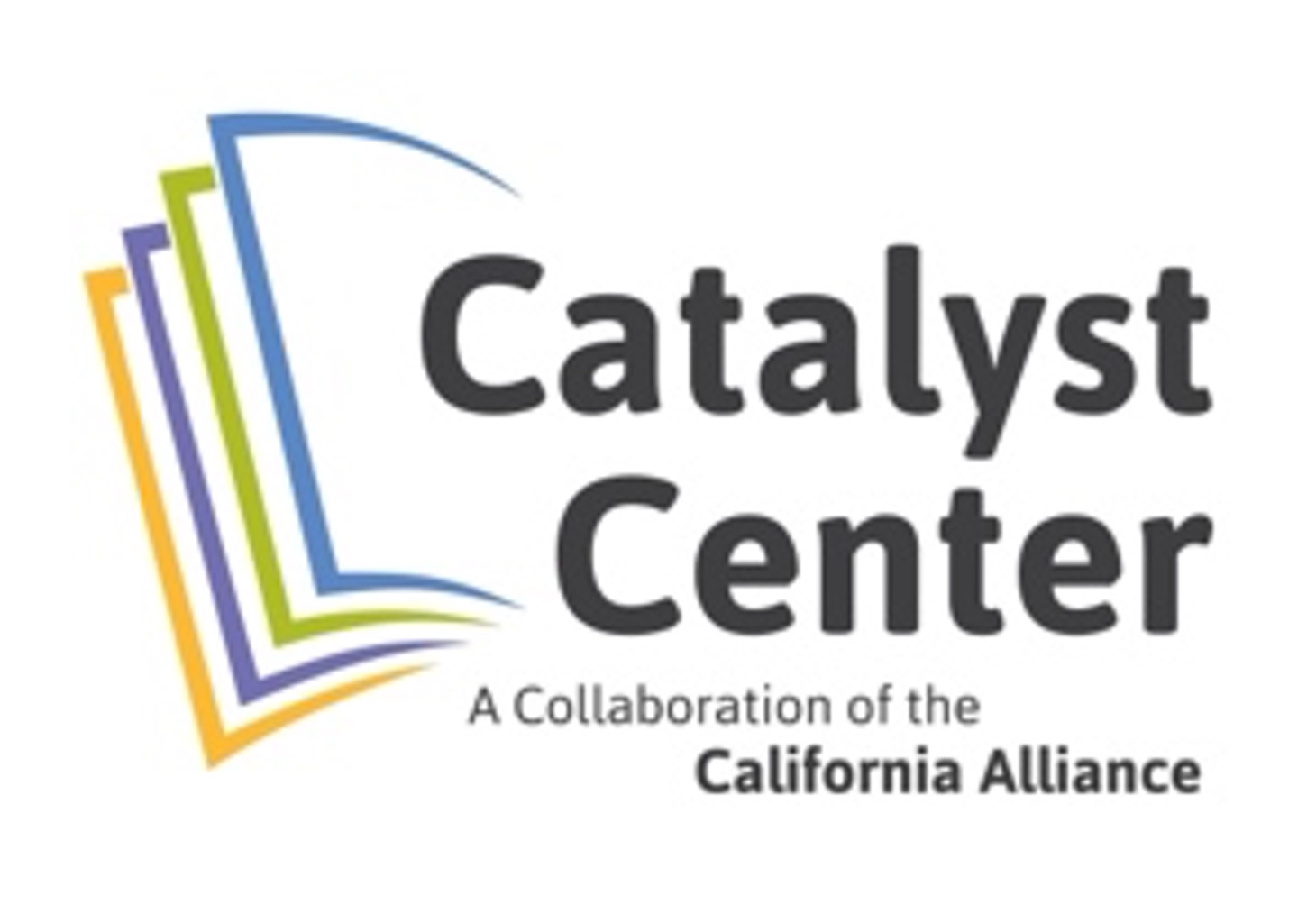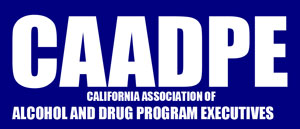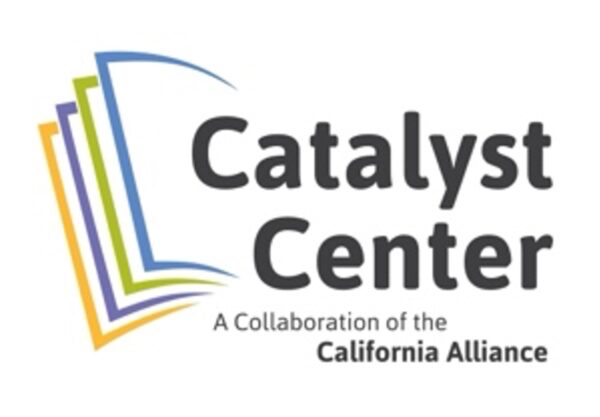About Us
About the Open Doors Project
Open Doors has pioneered a comprehensive training program designed to empower non-medical youth-serving adults across California to know when and how to relate with young people around the topics of substance use and other behavioral health concerns.
By providing them with the knowledge and tools to empower youth in their journey to manage substance use and other behavioral health concerns, we aim to create a network of informed and proactive individuals capable of making a significant impact.
Our collaboration reflects a commitment to address the current public health crisis and lay the groundwork for a safer, more supportive environment for youth.
About the Open Doors Collaborators
At the heart of our initiative is a collaboration between the California Alliance of Child and Family Services' Catalyst Center, and the California Association of Alcohol and Drug Program Executives, Inc. (CAADPE). This collaboration, generously funded by the California Department of Health Care Access and Information (HCAI), is dedicated to addressing the critical challenge of substance use among youth-a concern magnified by the alarming rise in overdose deaths across the state.
HCAI is committed to expanding equitable access to health care for all Californians-ensuring every community has the health workforce they need, safe and reliable health care facilities, and health information that can help make care more effective and affordable. Through funding the Open Doors Training Project, HCAI is investing in building the capacity of adults to support youth with substance use and behavioral health challenges, further advancing their mission to create healthier, more resilient communities across the state.
Website: hcai.ca.gov
The Catalyst Center is a leading training and technical assistance organization representing the interests of child and family serving professionals in the state of California and beyond.
The Catalyst is committed to advancing evidence-based innovations that support diverse communities, and dedicated to research and evaluation that promotes social justice in these fields. As one of the cornerstones of this work, our resource center prioritizes research, capacity building, and peer connection methods that elevate the voices and realities of historically marginalized communities and those that are most impacted by the work of community-based organizations.
Media contact: Andy Rolleri, arolleri@cafs.org
Website: catalystcenter.org
Established in 1989, CAADPE member agencies now provide substance use disorder treatment services at over 300 sites in California. Together, we advocate for high quality services to treat substance use disorders and co-occurring mental health disorders, and for making these services accessible and available to anyone who seeks help. CAADPE is organized by chapters throughout the state and headquartered in Sacramento for easy access to state government. At the state-wide level, a volunteer board of directors, elected by the members, guides the association and its policies on issues vital to its members. It is through the committee structure that CAADPE addresses the needs of the field and identifies the policy issues of the organization. CAADPE members are urged to volunteer their time in their respective areas of expertise.
Media contact: Max Geide, max@caadpe.org
Website: caadpe.org



